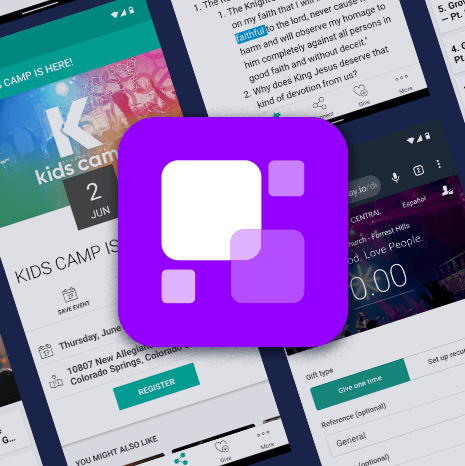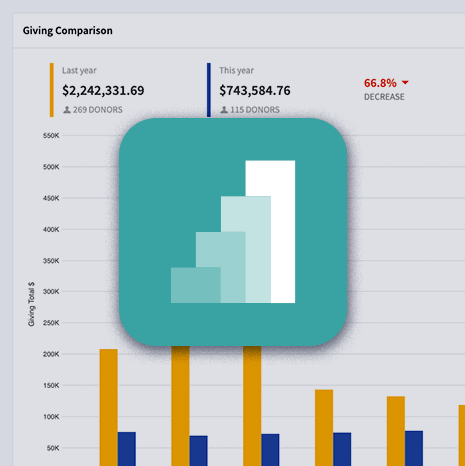
When it comes to managing your church’s finances, there’s one truth we can all agree on: stewardship matters.
Whether you’re a lead pastor, church admin, or part of the finance team, you know how crucial it is to keep a close eye on your church’s budget, donations, and designated funds. Not just because it’s good practice, but because you’re stewarding what God has entrusted to your ministry.
So when it comes to tracking donations, managing restricted funds, balancing the general ledger, and making sense of all those financial statements… the tools you use matter. A lot.
And that’s where the question arises: should your church stick with traditional accounting methods, like spreadsheets or generic accounting software? Or is it time to consider a church financial software solution, one that’s specifically designed with churches in mind?
Understanding traditional accounting in churches
Let’s start with the familiar.
Many churches, especially small churches, rely on traditional accounting methods. Think Excel spreadsheets. Maybe QuickBooks or another basic accounting software. Some even use pen and paper (yes, it still happens).
And there’s a reason these methods have stuck around. They’re inexpensive. They’re what many church staff or volunteers already know. You don’t have to invest in a new platform or retrain your team.
But while traditional accounting gets the job done, it has its limitations.
Spreadsheets are prone to errors. Accidentally delete a formula or enter a wrong number, and it can throw off your whole budget. Manual data entry eats up time. And tools like QuickBooks, while powerful, aren’t built with churches in mind. They’re designed for businesses. Which means things like fund accounting, donor tracking, or managing designated gifts often require workarounds.
At some point, you hit a wall.
Exploring church financial software
Now let’s talk about the alternative: church financial software.
This kind of software is purpose-built for the unique needs of churches and religious organizations. It’s not just accounting software. It’s ministry-minded. Designed to help churches manage their finances while also supporting the mission.
Here are some of the features that set church financial software apart:
- Donor management: Keep track of donations, whether they come in through online giving, mobile apps, or Sunday morning envelopes. You can see giving history, generate giving statements, and even thank donors more personally.
- Fund accounting: True fund accounting allows you to easily manage restricted funds and designated gifts, ensuring money goes exactly where it’s intended.
- Financial reporting & insights: Generate financial reports like your income statement, balance sheet, and church budget without needing to be an accounting expert. You’ll have clearer insight into your church’s finances in real time.
- Integration: Many church financial software options connect directly with your church management software (ChMS), online giving platforms, and communication tools. That means fewer silos and more efficiency.
- Security: With built-in controls and data encryption, you can safeguard sensitive financial data and donor information.
Church Windows and other church-specific platforms offer many of these features, and they’re built for teams just like yours.








